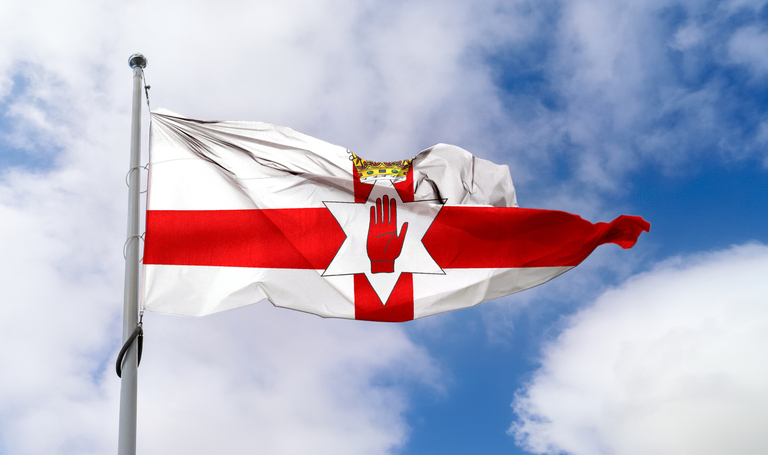

The UK’s House of Lords passed a bill promoting the Irish and Ulster Scots languages in Northern Ireland in mid-July.
The Language and Identity (Northern Ireland) Bill has been amended and passed by the House of Lords—it will return to the House of Commons for further consideration this fall. In addition to giving the Irish language official recognition in Northern Ireland, it would also promote education in Irish and Ulster Scots, among several other efforts to promote the language within the country.
“A public authority must in carrying out functions relating to Northern Ireland have due regard to the national and cultural identity principles,” the bill begins, going on to note the importance of promoting the distinct culture of Northern Ireland and its languages. The bill would give the language official recognition by mandating the appointment of an Irish Language Commissioner, who will “protect and enhance the development of the use of the Irish language by public authorities.”
Currently, Irish is officially recognized as a minority language within the country; however, it does not have equal status with English, which is the de facto language spoken by the vast majority of residents and the only language allowed in legal proceedings in the country. Roughly 11% of the country claims to speak Irish, though a much smaller percentage of the population uses it in their day-to-day life.
In May, the language advocacy group An Dream Dearg led a rally in Belfast, the capital of Northern Ireland, to express support for giving the language official status. Similar efforts to revitalize and promote the Irish language within Northern Ireland have been somewhat unsuccessful over the past few years. However, the country has taken a more nationalist turn, with the recent success of Sinn Féin, an Irish republican political party, in the country’s elections this year.
“The growing and thriving Irish language community has run a vibrant campaign for recognition of basic language rights—almost 20,000 people were on the streets of Belfast just weeks ago demanding the British government implement its commitments,” said Aisling Reilly, a member of the Northern Ireland Assembly representing Sinn Féin, in an interview with the Irish News.
The bill would also boost the status of Ulster Scots, a dialect of the Scots language spoken in Northern Ireland. Unlike Irish, Ulster Scots is closely related to English, and some scholars debate whether or not it’s actually just a dialect of English. Historically, it has been looked down upon and treated as a less prestigious dialect—under the current bill, a “Commissioner for the Ulster Scots and the Ulster British Tradition” would also be appointed to work toward promoting the unique arts, culture, and literature in the language. Andrew Warner





